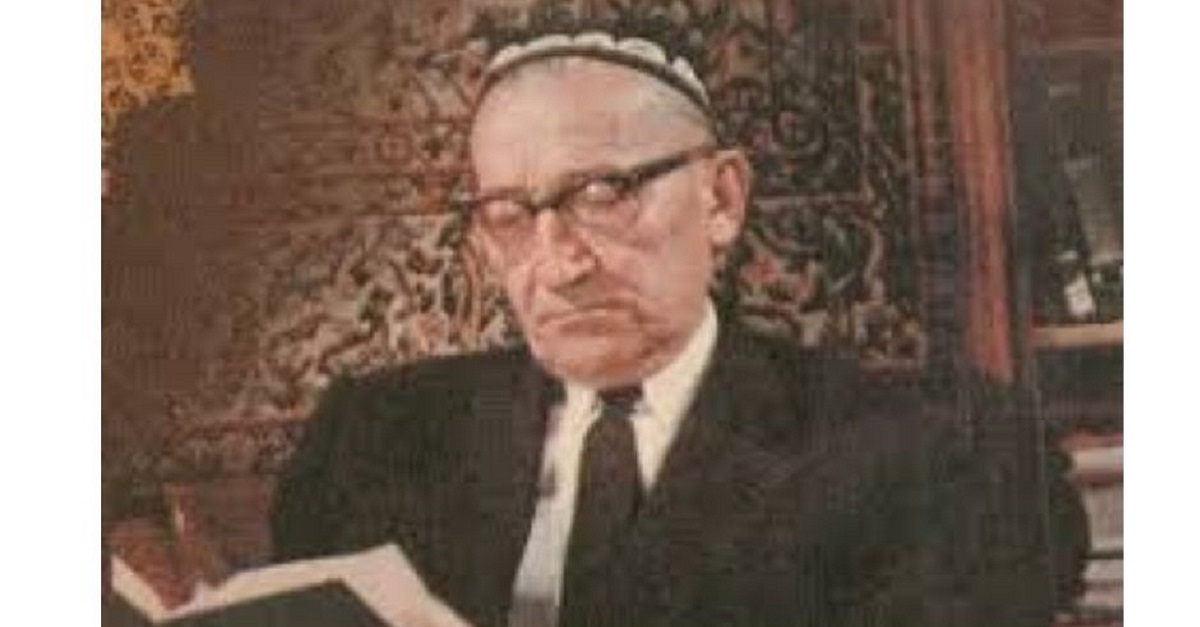Today is the birthday of a bright representative of Uzbek literature Gafur Ghulam!

Time elapsed before bud opening
Compare the life of a butterfly
Sometimes a short breath -
Enough to extinguish a thousand stars...
Gafur Ghulam, one of the most famous figures of Uzbek literature, was born on May 10, 1903 in the Kurgan-Tube mahalla of Tashkent city.
Orphaned by his father at the age of nine and his mother at fifteen, Gafur studied first at the old school, and then at a Russian-type school. In the years following the October 1917, he completed teacher training courses and began teaching in new schools. Since 1923, he worked as a director and educator in an orphanage, and then in the editorial offices of the newspapers "Poor Peasant", "Red Uzbekistan", "Sharq Khakikati". For him, the newspaper played the role of a doctor, an important tool for studying the life of the people, for active participation in it. His first collections of poems Dynamo and Live Songs were published in 1931-1932. In 1930-1935, the poet wrote the epic "Kokan", the ballads "Wedding", "Two Cards". However, a number of the poet's poems, in particular, the epic "Kokan", long sung by us as a major work on the theme of collectivization, did not meet modern requirements. In particular, it is unrealistically argued that the policy of collectivization, praised from the very beginning, in addition to certain positive results, led to endless oppression. His poems about the Party, Motherland, Lenin and October are also contemporary. Because of this, the work of the poet today requires a critical approach. True, the author revised some of his works during his lifetime under the influence of the cult of personality. He rewrote some of the poems, giving the poem naturalness and vitality. The same is with his poems "Observation" and "You are not an orphan", which were also revised by the author. In the 1930s, Gafur Ghulam wrote stories, essays and feuilletons, as well as stories such as "Netai", "Yodgor" and "Tirilgan Murda". During the war years, the poet gave all the warmth of his work to the people who fought against the invaders in 1940s, creating poems imbued with the spirit of confidence in their inevitable victory. He wrote poems, essays and articles such as "You are not an orphan", "Observation", "Time", "Missing" and led the people to victory in war and labor. In the post-war years, Ghafur Ghulam also wrote extensively in many genres of literature, created great works of art, and published a number of outstanding articles on journalism and literature. His work became a kind of chronicle of the life of the people of that time. If Gafur Ghulam rose to the level of a poet-philosopher with his poetic works during this period, then he is a skilled prose writer, who knows the life and spirit of the people well with his stories, such as “The Silent Child” and “My Thief”. Child". Gafur Ghulam also made a significant contribution to the development of the Uzbek translation school. He translated masterpieces of world and Russian literature into Uzbek, such as Othello and King Lear. Gafur Ghulam was a full member of the Academy of Sciences of Uzbekistan (1943). In connection with the 60th anniversary of Uzbekistan (1963), he was awarded the honorary title People's Poet of Uzbekistan. Many of the poet's works have been translated into Asian and European languages.
Gafur Ghulam, a fiery herald of Uzbek poetry and a great artist, died on July 10, 1966 in Tashkent.
He was posthumously awarded the Order of Merit (2000).

